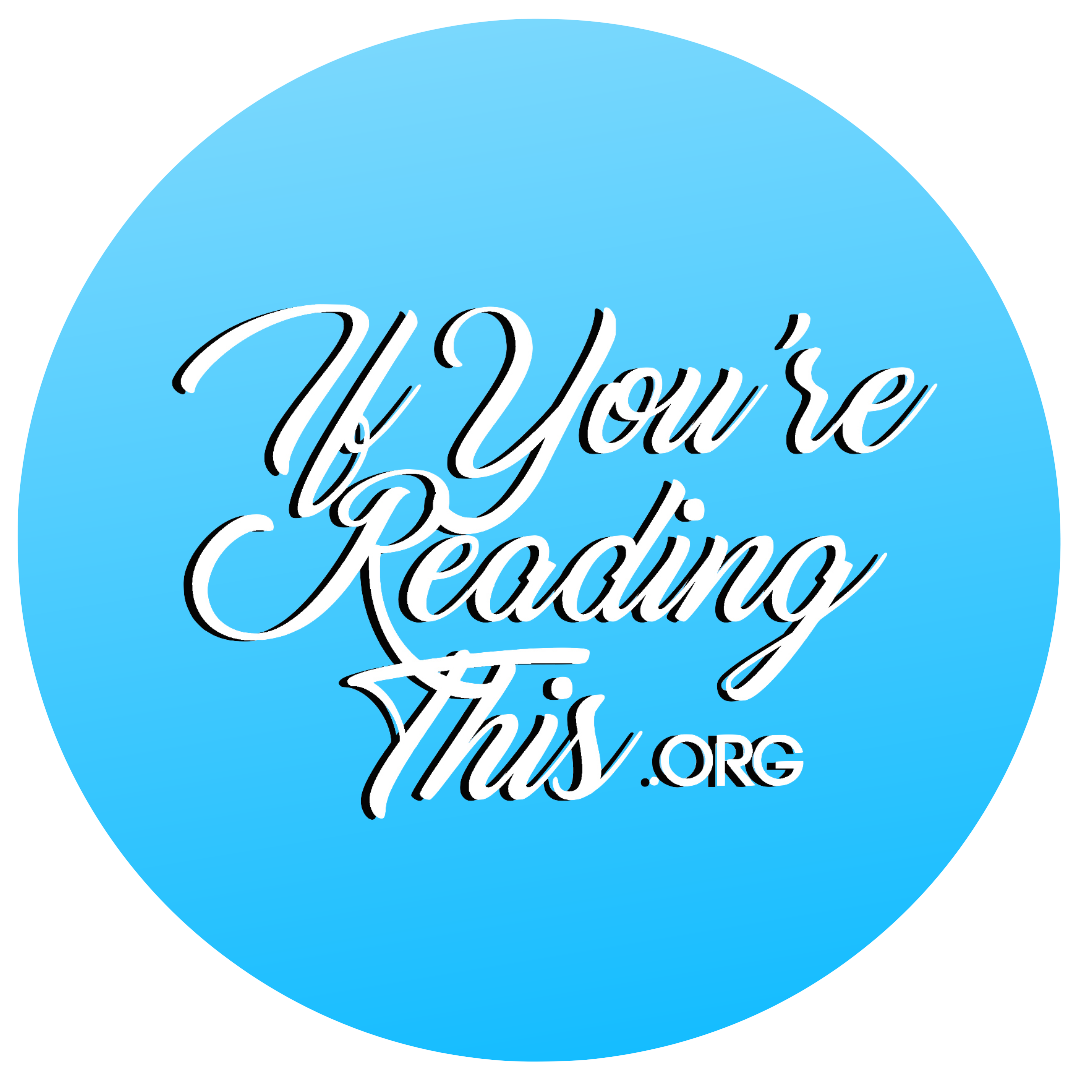Dear Reader,
Marina’s letter describes her personal journey with an Eating Disorder, Obsessive Compulsive Disorder, and Depression. We advise those who may be triggered by these topics to exercise caution when reading this letter. If you are struggling please reach out to our Peer Contacts or one of the resources listed on our Resources Page.
Sincerely, The Team of IfYoureReadingThis
If you’re reading this, know that you are constantly changing.
Life is characterized by change, impermanence. Feelings, thoughts, events, states of being, they all come and they go. We ourselves are also constantly changing, psychologically and physiologically. To me, now, this is incredibly astonishing. It makes me wonder who Marina really is, if she is constantly changing. But then again, what really is anything if everything is never the same as it was a moment ago (even at a sub-atomical level, electrons are always moving, carbon is always aging). My relationship to change nowadays is mostly awe-inspiring. As reality unfolds, there is always something new to observe and more complexities to explore. This was a great change in perspective that now makes me appreciate life in whole new way.
However, I did not always see change in this way, and the unpredictability of the future brought me great anxiety. One of the most perspective-changing things I have learned as a psychology student is that due to the dynamic nature of reality, we must learn to adapt to change. We must learn new, better responses if we are to live skillfully. As I look back on my mental health journey, I am able to reflect on my maladaptive responses and gain insight into how I developed better ones.
My first major experience with change came when I was eight years old. My parents, my brothers, and I left Brazil and moved to the U.S. Everything I knew, my home, my friends, my extended family, suddenly were thousands of kilometers (or should I say miles) away. The first few months in the U.S. were some of the hardest times in my life. Not knowing English, I found myself constantly confused and frustrated. At school, I was bullied and felt incapable of defending myself.
I developed obsessive compulsive disorder (OCD) as a form of coping. I became obsessed with times, numbers, and cleanliness, funneling my stress into innumerable compulsive behaviors. As it became more difficult to maintain my ever-growing list of rituals, I felt like I had no control over things. A few years later, my body began to develop before the other girls in school, which is a common experience for many young Latinas. Comments about my body really got to me, and as I internalized them I felt more and more frustrated. I decided I would lose weight to fit in, and the sense of accomplishment that came with my weight loss motivated me to keep going. What at first looked like “healthy eating” soon turned obsessive and overly restrictive.
I fell into a deep depression and was diagnosed with depression and severe anorexia. For years, all I did was go to school, starve myself, exercise, and cry. I hid under baggy clothes and slowly deteriorated. In my head, anorexia was my best friend. It made me feel empowered, in control. Nothing mattered more to me, and I was terrified of recovery. It got to a point where my pediatrician had weekly arguments with my parents, as she wanted to hospitalize me. My heartrate was dangerously low, I was at high risk of osteoporosis, and I was continually deceiving everyone who tried to help me. Thankfully, my family stayed by myself and helped pull me out.
We switched to a family-centered recovery program where I had an entire treatment team. As I saw my body change and started having more energy, anxious thoughts began racing through my head. Will I gain weight? What if I start eating and can’t stop? Who will I be without this disorder? A psychologist helped me tackle these kinds of questions and helped me develop personal tools to rationalize and cope with these worries on my own. Although I didn’t explicitly learn this back then, looking back on it, I was afraid of change. I was clinging to my disorder, feeling like that was a central characteristic of me.
Now I understand that my identity is not a stagnant thing. It is not comprised of labels that society came up with. I am an agglomeration of experiences, values, and impulses, all of which are dynamic. This understanding also helps me not to identify with any label or with any current belief. As I learn and grow, I know that I will change and I open myself up to it. I encourage you not to cling. When you are happy, feel happy without worrying about it ending. When you are struggling, know that this is a learning period and that it will pass. As you live your life, I encourage you to look for opportunities to grow into your “best” self, knowing that “best” is not a predetermined destination. It is the whole of you, unfolding through time, and that, as we know, is constantly changing.
Marina A., University of Virginia ‘22
AUTHOR CONTACT
This author has opted to allow readers who resonate with their story to contact them. If you would like to speak to the author of this letter about their experience, please use the form below.

